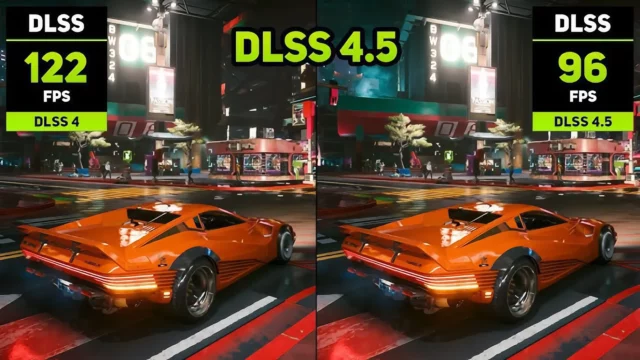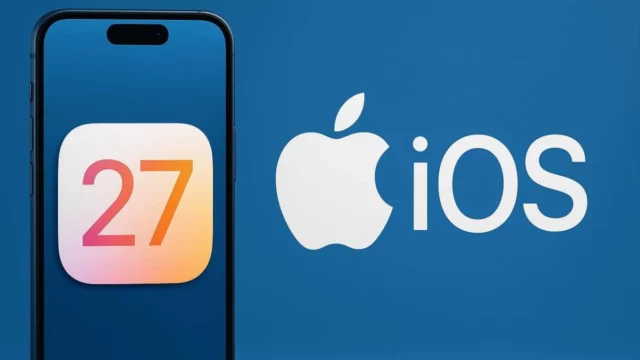A bipartisan federal proposal known as the Protecting Kids on Social Media Act has been introduced in the US Senate, seeking to set a national age limit for using social media. The bill would ban children aged 12 and under from using popular social media apps and impose restrictions on the algorithms tech companies use for users between 13 and 17 years old.
Protecting Kids on social media act
The proposed legislation requires parental consent for individuals under 18 to create a profile on social media platforms. It also establishes a government-run age-verification program overseen by the Department of Commerce, requiring children and their parents to upload identification to prove their age. This would significantly expand the government’s role in the online ecosystem and could potentially disrupt the current state of the internet.
The bill has been met with bipartisan skepticism, with some lawmakers concerned about increased government involvement in online platforms. They argue that this could stifle the next generation of tech entrepreneurs and potentially infringe on free speech rights. However, proponents of the bill insist that it is content neutral and focused on protecting vulnerable children from the addictive nature of social media algorithms.
Failed efforts and competition
Despite major social media companies claiming to block underage users, senators argue that these efforts have been unsuccessful. Other bills, such as the EARN IT Act and the Kids’ Online Safety Act (KOSA), also aim to protect children from the negative impacts of the internet, creating competition for the Protecting Kids on Social Media Act. Despite the challenges ahead, the bill’s supporters believe that it is necessary to take action and safeguard children from the potentially harmful effects of social media.













